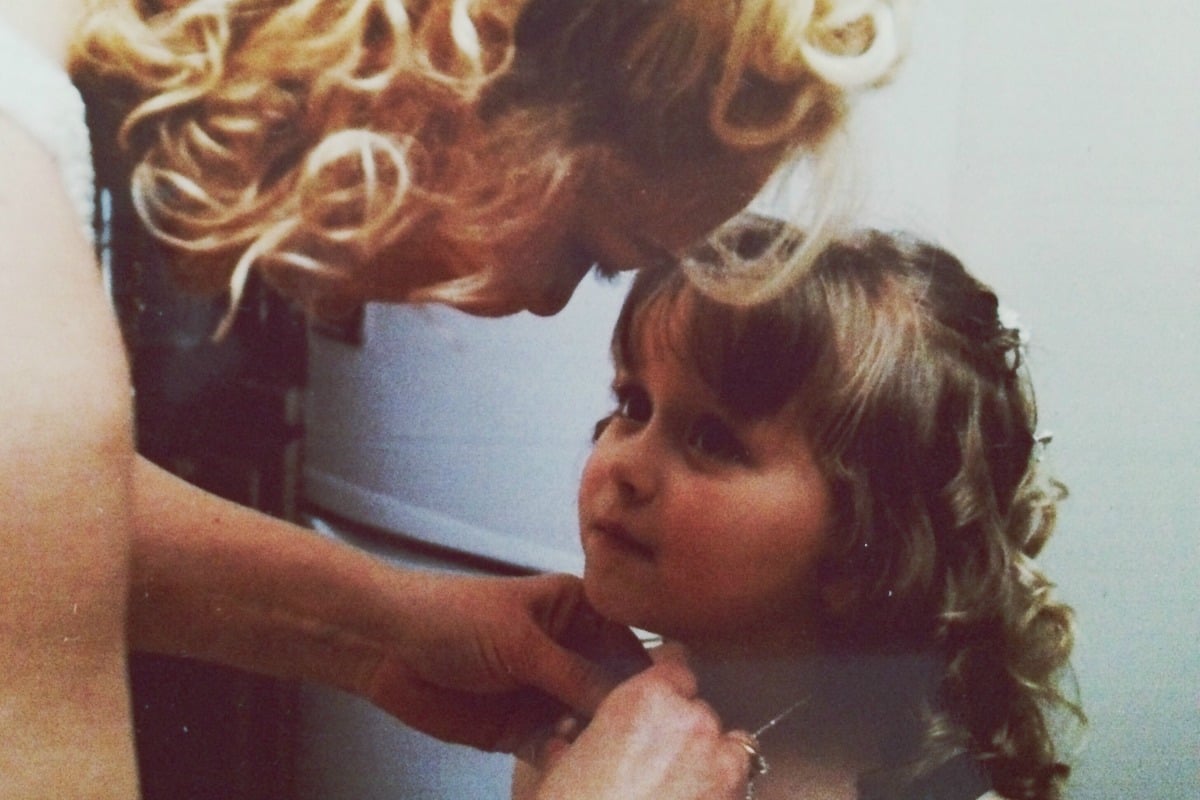
The dream of empty-nesting one day is exactly that for many parents. When you continue caring for adult kids struggling with their mental or physical health, retirement looks very different. So it is any wonder that these “unofficial carers”, who for the main part are unrecognised, emotionally exhausted, and financially compromised, find their own health impacted?
According To Carers Australia NSW, ‘Carers often ignore their own health and are 40 per cent more likely to suffer from a chronic health condition. Some health problems, like back problems, anxiety and depression, can be directly linked to caring.’
And perhaps the hardest part of their job is the fact that their work goes unrecognised. Particularly in the case of parents whose kids’ needs don’t warrant government support. Because while many people assume that kids grow out of conditions that start in childhood, such as autism, ADHD, and bipolar disorder, they don’t – and while some learn to manage their symptoms and function well in society, many can’t.
As parent Kirsty Russell, from Positive Special Needs Parenting admits: ‘Another constant worry is what will happen to our son once we’re gone. As his biggest advocate, supporter and carer, it’s confronting to consider what may happen to him as we age. The need to plan for contingencies lies heavy on us, as it does with all special needs families.’
Even with the best support in the world, mental health conditions such as these and the long-term effects of alcohol and drug abuse can have a lifelong impact on sufferers and their families. Depression and anxiety are common co-morbidities of conditions such as ADHD, and seem almost inevitable after a history of bullying at school, discrimination, and lack of equal opportunities.

